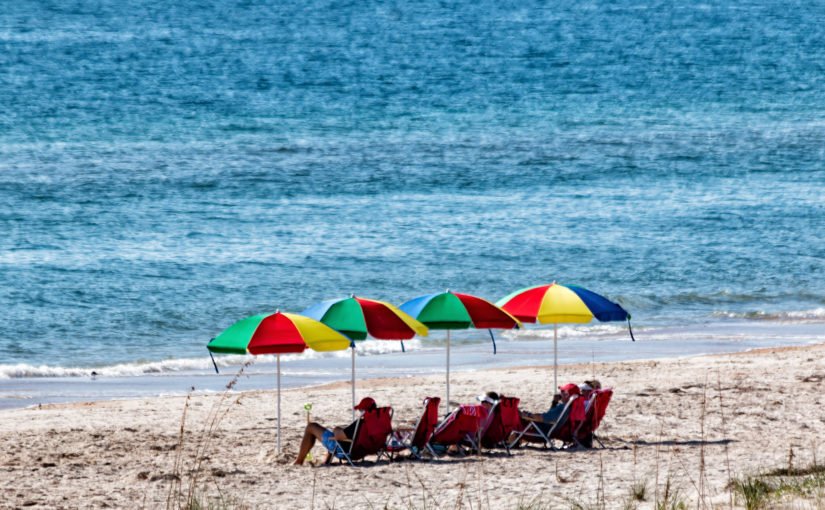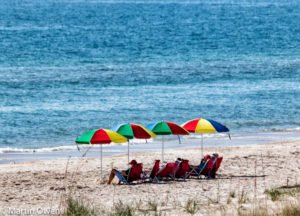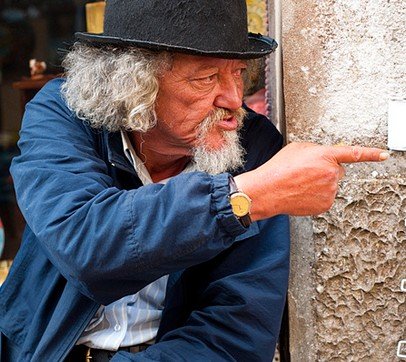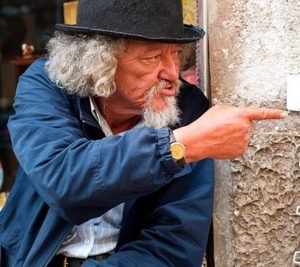Sitting in tourism planning meetings you hear people say “let’s do what we did 10 years ago. It worked then.” Yes, it would be nice to do the same things. There’s something comforting in that, but a recent anniversary made me think that we just can’t roll back time.
The iPhone is 10 years old. It’s not the only smartphone, and wasn’t the first. But it has, like it or not, become the standard bearer for that kind of device. Not everyone has a smartphone, but enough tourists do that it has brought massive changes.
Just looking at the travel, tourism and hospitality businesses, what has the smartphone changed?
People still use printed airline boarding passes but a huge number use electronic passes. Flying into the US you can use a free app called ‘Mobile Passport’ authorized by Customs and Boarder Protection that allows you to pre-file your information and breeze through immigration and customs. I use it. It’s superb.
Where to stay, eat or what to do? TripAdvisor and similar sites offer peer reviews that people tend to trust over ads by hotels, restaurants or attractions. All in your hand, on your smartphone, now.
Book your accommodation? No problem. On your phone at the last minute to get the best deal. I’ve seen people sit outside hotels using their phone to negotiate and book. Same applies to tours and activities. These are usually booked within 48 hours of arrival and online sites like TripShock make booking easy, and the tickets are on your phone – no paper. All you have to do is guess that the weather will be OK. No guessing, DarkSky or a dozen other apps will give you accurate, hour by hour forecasts.
How do you get to where you’re going? Built in GPS with turn-by-turn directions, no matter if you’re driving, walking or on public transport. Traffic reports too – yeh, 98 is still blocked.
Don’t bother to carry a camera. Your phone has a camera that makes yesterday’s versions obsolete. Postcards too. You now share your travels to social media friends the world over and you can post your review of the restaurant you just experienced. In places like Jackaccuda’s you can scan a little flag in your meal and see where and when your fish was caught, and who by!
Don’t want to drive? Book an Uber, from your phone of course.
No transistor radios on the beach anymore. You carry your music library with you, and stream what you don’t own. Oh, movies and TV too.
That’s only scratching the surface. Virtual tours of museums and historic sites; payment from your phone; on line shopping; news, books. Oh, and it’s a phone too!
If those are the changes for tourists, think of the changes for hotels, rentals, airlines, car rentals, attractions, restaurants even, in our area, Charter Boat Captains.
Our tourism experience has changed massively in 10 years. But wait, coming soon, virtual and enhanced reality. I’m excited. How about you?









